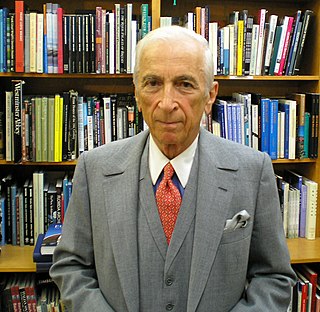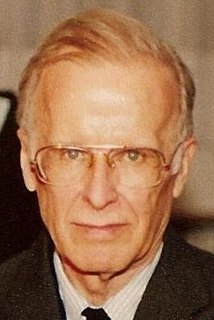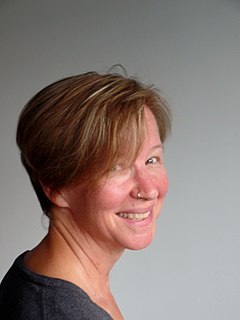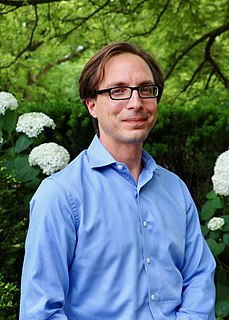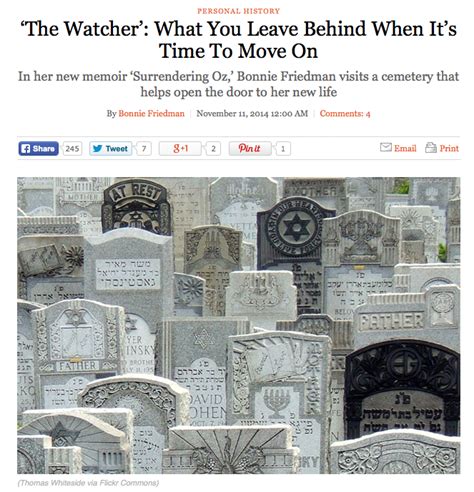A Quote by Gay Talese
For example, many colleges in their writing programs teach some of my work.
Related Quotes
I don't think you could teach someone to be a genius, but you can certainly teach them to not make rookie mistakes and to look at writing the way a writer looks at writing, and not just the way a reader looks at writing. There are a lot of techniques and skills that can be taught that will be helpful to anybody, no matter how gifted they are, and I think writing programs can be very good for people.
Now, today, some children are enrolled in excellent programs. Some children are enrolled in mediocre programs. And some are wasting away their most formative years in bad programs....That's why I'm issuing a challenge to our states: Develop a cutting-edge plan to raise the quality of your early learning programs; show us how you'll work to ensure that children are better prepared for success by the time they enter kindergarten. If you do, we will support you with an Early Learning Challenge Grant that I call on Congress to enact.
One demonstrable effect this type of work can have is in its viral promulgation. Take Kathy Acker for example: her work exists mainly through academic channels. Students are exposed to her novels, and some read her, then, on their own, but some also go to grad school: teach her, write about her, keep her going.
My god, people are selling their work and people are reading it! The horror! That MFA programs have to advertise that they'll let you write YA or fantasy or what-have-you is just absurd, but we do, because the presumption is that they're closed to that sort of thing. You're offering an MFA in creative writing? Teach people how to write well, worry about that part, let the writers come up with the stories.
